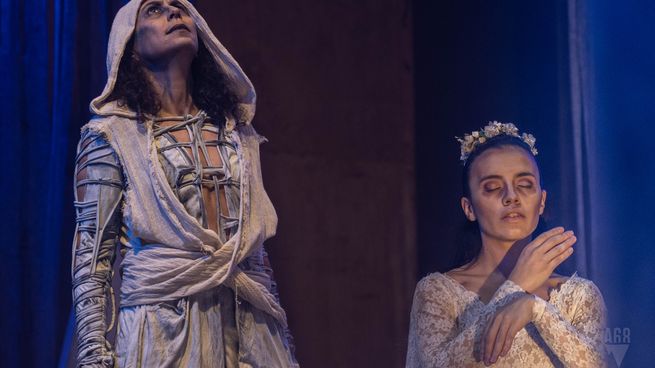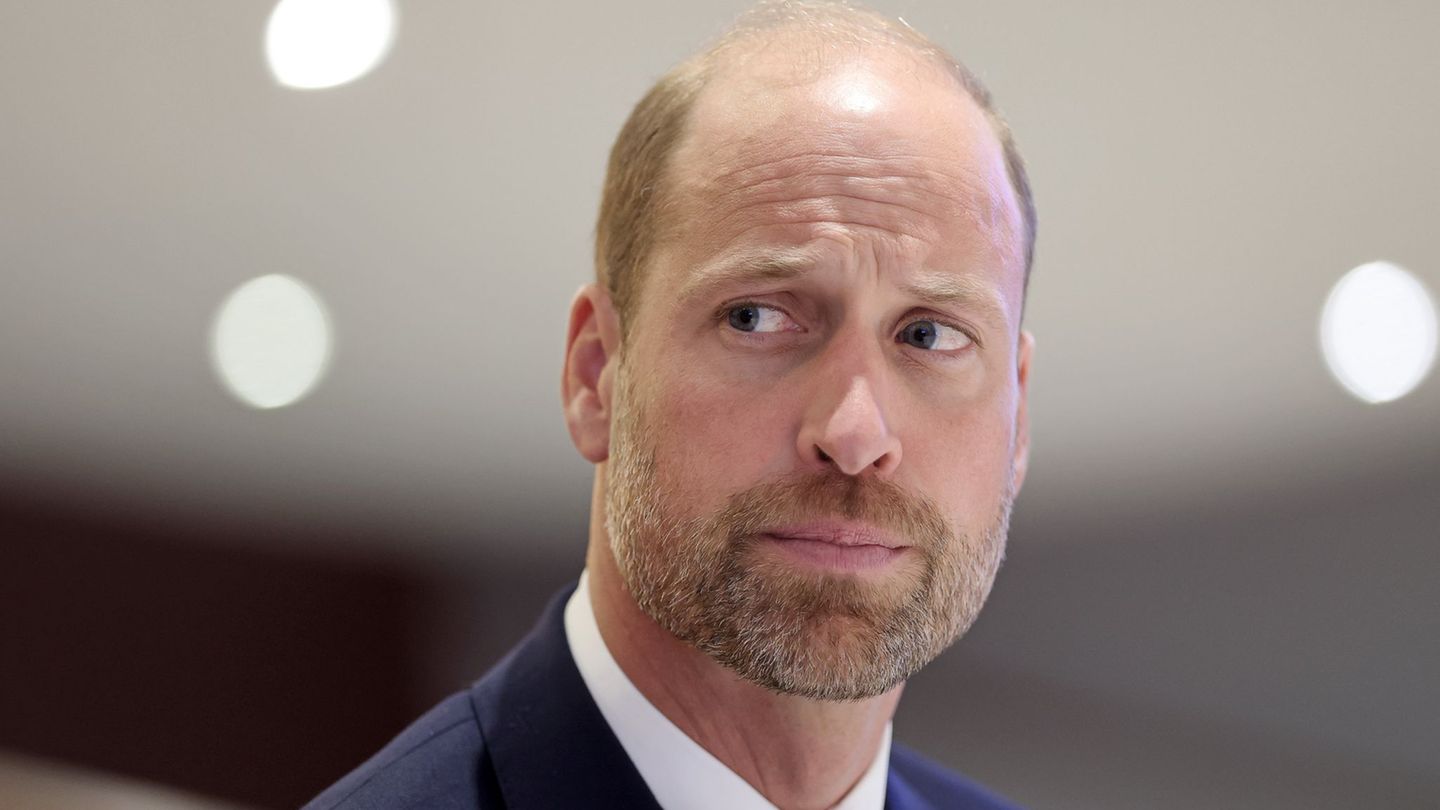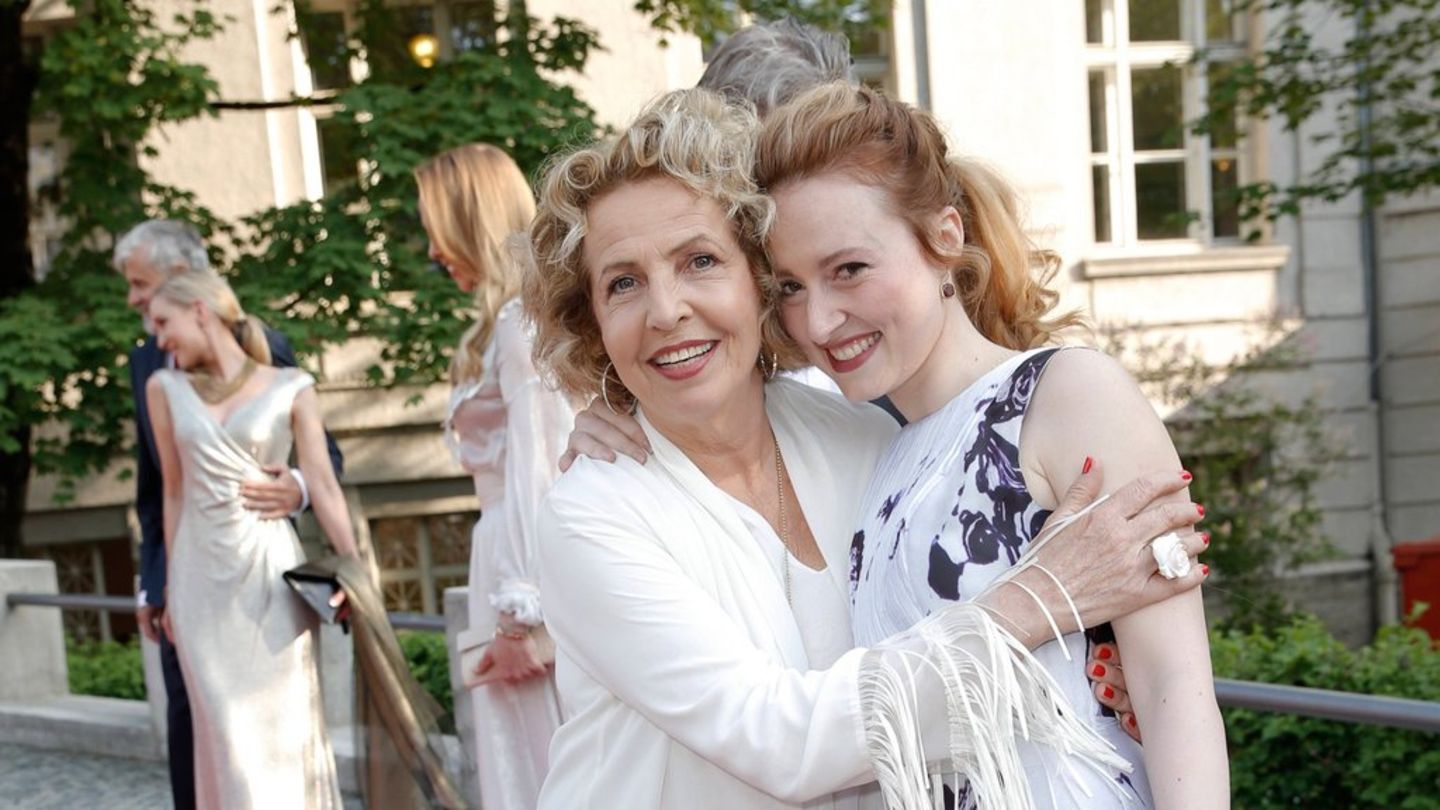The author and director premiered “Mandinga, the Devil’s Chapel”, which is presented on Saturdays at the Teatro del Pueblo and asks what happens when the power turns its back on the residents by making dark pacts.
“Theatre is a different lens where all questions and worlds are possible,” says Guillermo Parodi, author and director of “Mandinga, the devil’s chapel”, which is presented on Saturdays at the Teatro del Pueblo, with performances by Lorena Szekely, Marcelo Rodríguez, Lucía Palacios, Camilo Parodi, Julia Funari, Natalia Rey and Lucas Soriano. The musicians are Juan Pablo Martini and Nahuel del Valle. We talk with Parodi.
The content you want to access is exclusive to subscribers.
Journalist: Bodies, fire, absences and death. There is something that worried you in 2001 and worries you again today, you say that the country is red hot again. How is this?


Guillermo Parodi: When the State is absent, it is in the bodies where hunger, illness and eventually death are experienced. In 2001, the country was in an economic and institutional crisis that ended with a Plaza de Mayo filled with people who, between bullfights and tear gas, demanded that everyone leave. Democracy and the rule of law were in breakdown. The leaders did not respond to the needs of the population. The power of that moment looked the other way with its back to an Argentina that was shouting at the top of its voice… A helicopter took away a president of the Casa Rosada while car tires and garbage cans were set on fire in the streets, cutting off avenues and routes. Today, when the economic reality is pressing in a very similar way and certain actions of the executive call into question the consensus reached as a society, a red-hot Argentina is clearly embodied, with its leaders ostensibly with their backs turned to the National Congress and the entire population. . And this is seen in the bodies of fellow citizens, in the verbal and physical violence that manifests itself in the desperation of not being able to cover the most basic needs, highlighting that once again our political representatives are worried about responding to the The ups and downs are from the “Market God” instead of being busy governing to accompany and cover the needs of the most vulnerable where this stark neoliberalism abandons the bodies of the masses.
Q.: That description you make of the bodies on the fateful December 20 and 21, 2001 resonates with that rural legend of the man who made a pact with the devil, what can you reflect on?
GP: The question that the work asks for me is: What happens when the power turns its back on the residents by making dark pacts with representatives of who knows what the hell? When that happens… The Devil usually gets his tail in… and things always explode in the least expected way…
Q: How is this question about bodies linked to the body of the actor and the theater?
GP: If hunger, illness and death manifest themselves in bodies, the corporeality of the actors is the very vitality of these “deaths.” It is the physical manifestation of what happens, poeticizing and questioning. Stinging to reflect, to see with another prism, leaving the future of the daily life of production and the market. Like a box where voices and screams resound that are embodied, questioning.
Q: What is it like to produce independent theater today?
GP: Very difficult. Without a present State, cultural development is in danger. The Independent Theater in particular, given that resources are scarce and the value that a ticket should have to support a theatrical production would be unattainable for the spectators. Not to mention the venues, the festival circuits, the training of artists and spectators. With the lack of funding of state institutions and organizations that allow us to exercise the right to cultivate ourselves, citizens impoverish their language, which prevents them from developing their capacity for critical thinking. They don’t want us thinking… They want us underfed, undereducated and meek…
Q: How do you see theater and culture today?
Despite what has been said, I believe that Theater and Culture can give some answers… Resist… we resist despite everything… Still standing, asking and thinking… Making art, occupying the stages and the streets with our bodies. We know that we make history when we all dream together… because Theater and Culture are the possibility of the collective dream.
Source: Ambito
I am an author and journalist who has worked in the entertainment industry for over a decade. I currently work as a news editor at a major news website, and my focus is on covering the latest trends in entertainment. I also write occasional pieces for other outlets, and have authored two books about the entertainment industry.




